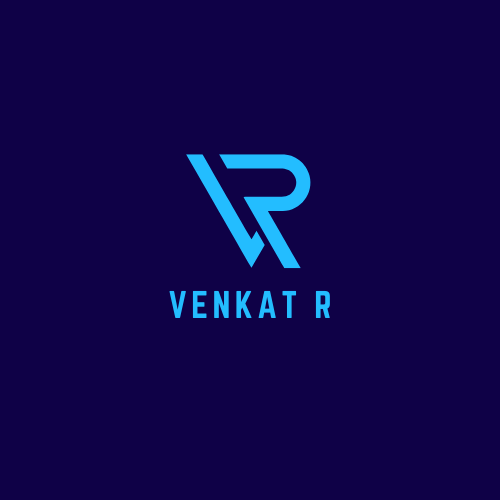Web 3.0: Integration of Artificial Intelligence in Decentralized Applications
 Venkat R
Venkat RThe convergence of Artificial Intelligence (AI) and Web 3.0 is transforming how decentralized applications (dApps) operate, bringing new levels of automation, efficiency, and personalization to the decentralized web. By integrating AI with blockchain technology, Web 3.0 platforms can leverage data in innovative ways, enabling smarter, more adaptive dApps that cater to user preferences in real-time. This integration has the potential to revolutionize industries such as digital art, finance, and content creation. Here, we explore the impact of AI on Web 3.0, its current applications, and its implications for the future of decentralized applications.
Why AI and Web 3.0 are a Powerful Combination
Web 3.0 is built on the principles of decentralization, transparency, and user control. However, one challenge it faces is the ability to analyze and interpret data effectively. AI, with its capacity for processing and learning from large datasets, can enhance Web 3.0 applications by providing intelligent decision-making capabilities. This synergy between AI and Web 3.0 can lead to more sophisticated services, optimized user experiences, and increased data security.
Applications of AI in Web 3.0
Personalized dApps: Projects like Near Protocol are incorporating AI to offer personalized user experiences. For instance, by analyzing user preferences, dApps can deliver tailored content or recommendations, improving engagement and retention.
Data Analysis for DeFi: In decentralized finance (DeFi), AI can analyze complex market trends and predict asset movements, allowing platforms to offer better yield optimization and risk assessment tools for users.
AI-Powered Content Creation: The Render Network is supporting AI applications in the creative space, allowing artists and developers to generate digital art and other AI-based content. This opens up new possibilities for creators within the decentralized ecosystem, particularly in fields like gaming and virtual reality.
The Challenges and Ethical Implications
While AI offers exciting possibilities, it also introduces ethical and operational challenges. Decentralized systems are inherently resistant to control, which can make it challenging to regulate AI’s actions and ensure ethical behavior. Additionally, integrating AI with blockchain requires robust computing power, which can strain decentralized networks.
Conclusion
The integration of AI with Web 3.0 represents a paradigm shift in how dApps operate, providing intelligent, data-driven insights while maintaining the decentralization that defines Web 3.0. As these technologies continue to merge, we can expect to see increasingly advanced applications that redefine user experiences across the digital ecosystem.
Subscribe to my newsletter
Read articles from Venkat R directly inside your inbox. Subscribe to the newsletter, and don't miss out.
Written by

Venkat R
Venkat R
I am a marketer with the capacity to write and market a brand. I am good at LinkedIn. Your brand excellence on LinkedIn is always good with me.